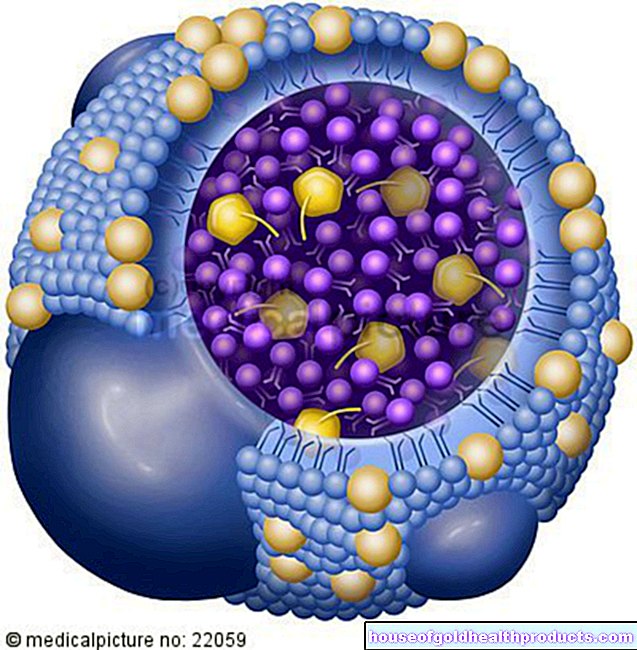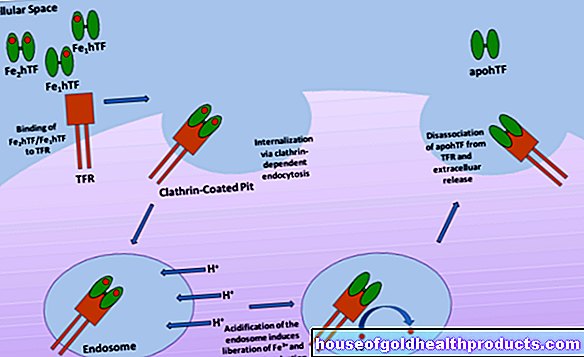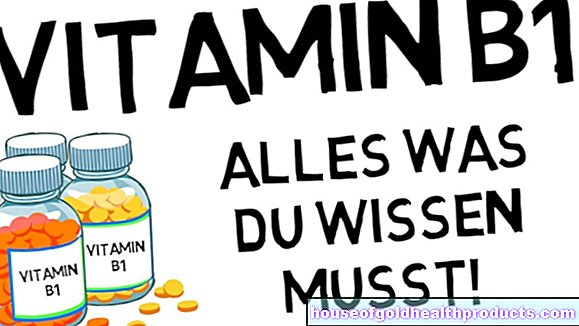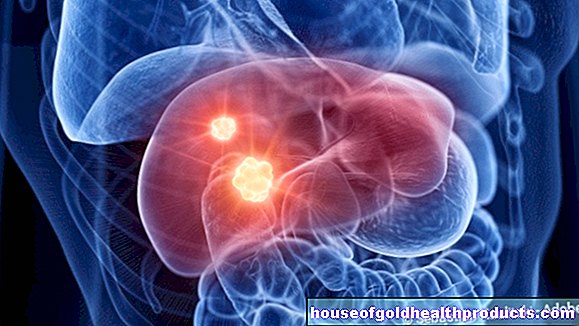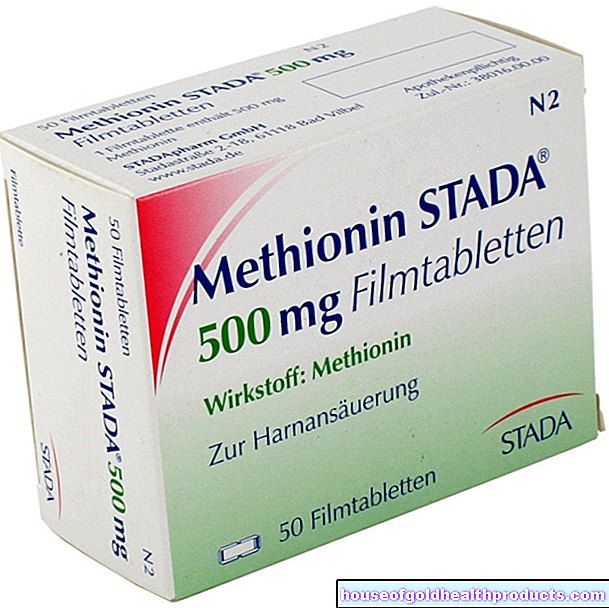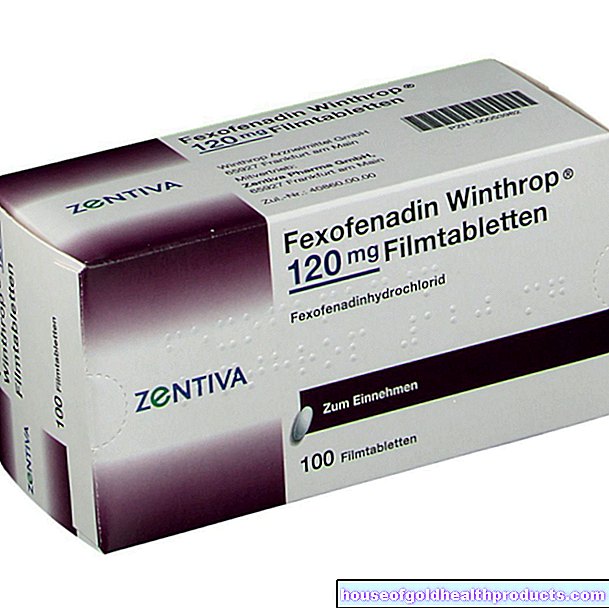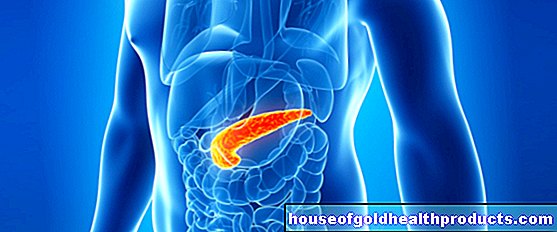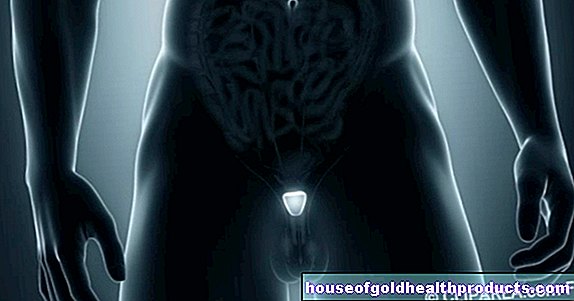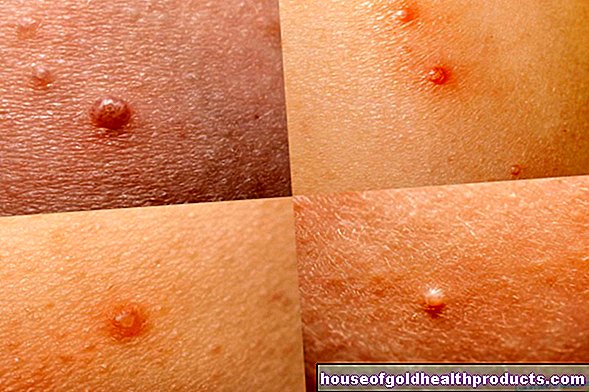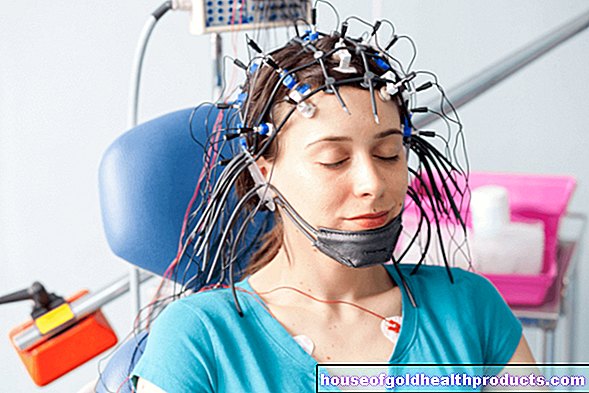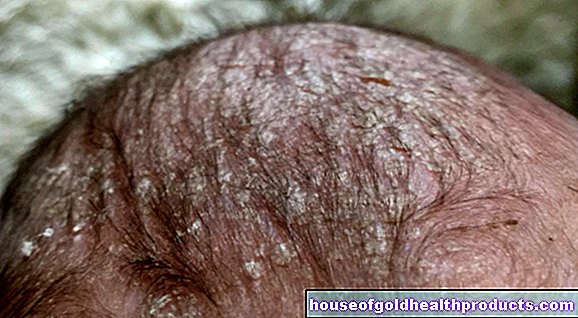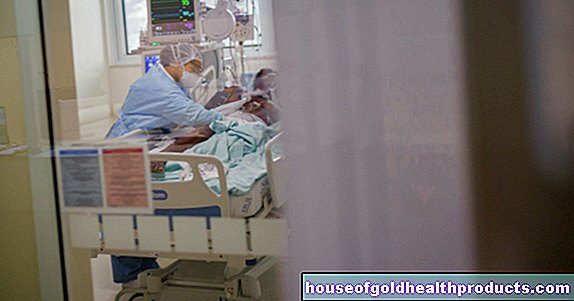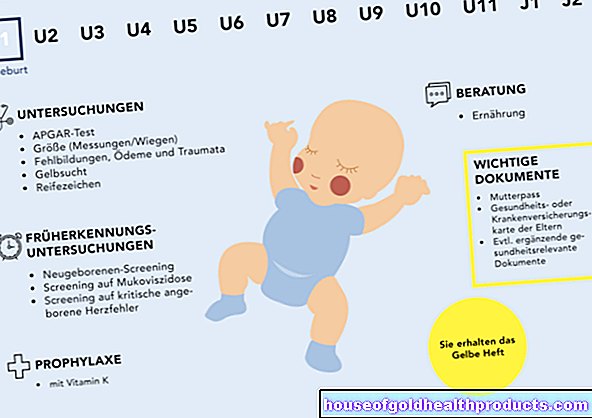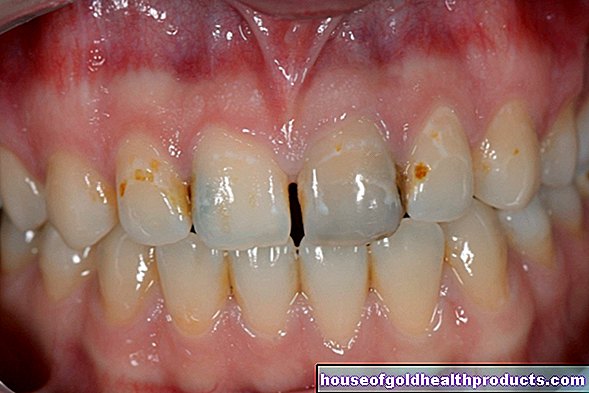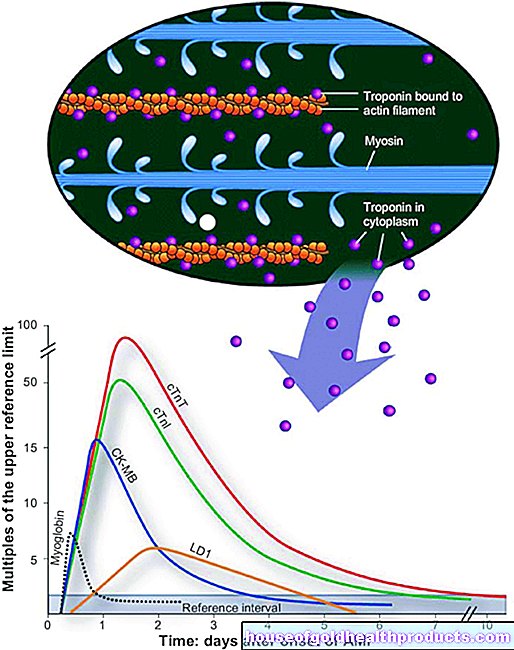Alzheimer's: Omega-3 and Co. are of little help
All content is checked by medical journalists.MunichDietary supplements such as omega-3 fatty acids, amino acids or vitamins awaken hope in people with Alzheimer's disease. But the positive effects of the substances are manageable - and only present in certain patients.
Scientists from several European countries took part in the so-called Souvenir II study. The reason for the investigation was the observation of a previous study (Souvenir I). She had shown that Alzheimer's patients with mild to moderate symptoms had increased their memory performance after taking a dietary supplement for three months. In a test for word memory, the test subjects achieved better results than those in the control group who received only a placebo solution.
Complex tests sobering
"Souvenir II" should now clarify whether the mental decline can actually be stopped with the help of the dietary supplement. The product - a ready-to-drink milk-based solution - contains omega-3 fatty acids as well as substances for cell metabolism, vitamins and trace elements. 130 test subjects with mild Alzheimer's symptoms this time took the solution daily for 24 weeks, the participants in a control group of the same size received a placebo product without active ingredients, but with the same nutrient content.
In addition to tests on direct memory performance, this time the test subjects also underwent more complex examinations of their brain performance at the beginning and at the end of the study. For example, the test participants had to reproduce series of numbers, quickly connect points with lines or put together word fields according to certain specifications. The result: Although the test subjects in the dietary supplement group had a measurably better memory again, they hardly performed better than the control group in the more demanding brain performance tests.
As a therapy supplement worthless
In any case, a positive effect of the funds was only demonstrable if the Alzheimer's patients were not already taking other drugs against the disease. For example cholinesterase inhibitors or amantadine derivatives (memantine), which stimulate the nerve cells in the brain. This was shown by another study ("S-Connect") with over 500 patients, in which 48 Alzheimer's centers in the USA took part. As a complementary treatment, such food supplements would be ineffective.
Experts expect two million sick people in 2050
According to the German Alzheimer's Society, around one million people in Germany currently suffer from Alzheimer's. However, experts assume that the number will more than double by 2050 if it is not possible to find an effective treatment and prevention of the disease. So far, Alzheimer's is considered incurable.
The disease is initially noticeable through poor memory, concentration disorders and suddenly changing moods and over the course of months to years often leads to complete disorientation and the loss of language and the ability to think. The reason is the death of brain cells, which occurs together with deposits in the brain (plaques). It is not yet clear whether the plaques are the cause or a side effect of Alzheimer's. (jr)
Sources: P. Scheltens et. al .: "Efficacy of Souvenaid in Mild Alzheimer's Disease: Results from a Randomized, Controlled Trial", Journal of Alzheimer's Disease, DOI 10.3233 / JAD-2012-121189
R. C. Shah et. al .: "The S-Connect study: Results from a randomized, controlled trial of Souvenaid in mild-to-moderate Alzheimer's disease", Alzheimer's Research & Therapy, DOI: 10.1186 / alzrt224
Tags: unfulfilled wish to have children teenager foot care